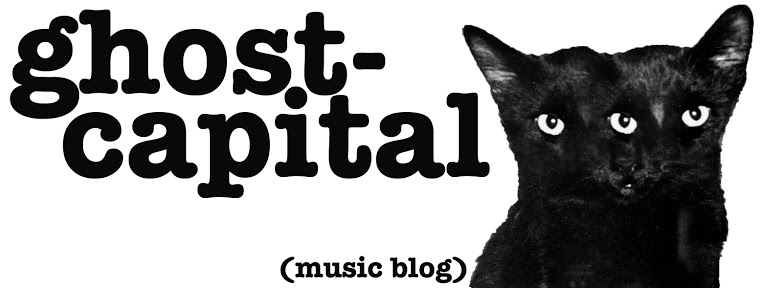'The Harmonic Choir was formed by David Hykes in 1975. An accomplished experimental filmmaker witha deep interest in traditional and sacred music, Hykes had already acquired broad familiarity with the music of West and Central Asia when he first heard the Hoomi singing (literally "throat singing") indigenous to western Mongolia, and the overtone chanting of Tantric Tibetan Buddhism.
In the Hoomi tradition, singers produce fundamental tone in the bass or baritone range, and then by extremely precise modulation of the of the abdominal muscles, chest, and vocal apparatus - larynx, tongue, jaws, cheeks, and lips - project simultaneously a higher tone or tones, related in frequency to the fundamental tone by whole number ratios. These higher frequencies are called "overtones" or "harmonics". In producing harmonics, the voice acts like a kind of sonic prism, "refracting" sound along a frequency spectrum which extends upward from the fundamental tone.
...For David Hykes, the significance of the harmonic series as both a source and an aesthetic standard for musical composition lies in its organic lawfulness and proportion. His work begins at the point where a singer can articulate at will various harmonics in the series. From there, it moves towards a living research into the unexplored realms of sound made accessible by harmonic singing, where acoustical order can become truly iconic to what is at once a more universal world of number.
In many cultures, it has traditionally been the role of music to express a sense of the order of the universe - an order which man can aspire to understand and to look for in himself. As a "traditional" music of present-day culture, perhaps the singing of the Harmonic Choir can fulfill the same pupose.' (Theodore Levin, album notes)
'This recording was made in l'Abbaye du thoronet, a 12th-century Cistercian monastary in Provence, where I had previously brought the Choir in 1978. The simple harmonic geometry of the Abbey seemed perfectly proportioned to magnify the Choir's music and let it resonate within its sacred space. Working there was an incredible challenge: our sensations, our breathing, and even our thoughts and emotions became intensely amplified. We recorded most of the nights of August 6 and 7, and i wish to express my deepest thanks to Pierre Toureille and Michel Lepage and his crew for their sensitivity and earnestness in seeking with us the ideal results.' (David Hykes, album notes)
Hermetic harmonics in choral a cappella. Recommended material for an hypnotic late night zone-out, drone-out. The new age is upon us. 2012, Quetzalcoatl, Oneohtrix Point Never, and so on.
The Harmonic Choir have been a recent discovery for me. Turns out Hykes had scored Baraka and Meetings With Remarkable Men, both of which I'd enjoyed years ago, but had never looked too deeply into their soundtracks. It looks like Rootblog, among others, have upped some other prime offerings from Hykes & The Harmonic Choir. Now here I am, casting a fresh rip of this LP out into these interweb's Solar Winds. And while it had long been out of print, it has since come to my attention that a remastered version of Solar Winds is now available for purchase from the likes of CDBaby. And so, in the interest of promotion & courtesy (and of keeping this blog), the links below will be available here at GC for only the next two weeks. Enjoy.
The Harmonic Choir have been a recent discovery for me. Turns out Hykes had scored Baraka and Meetings With Remarkable Men, both of which I'd enjoyed years ago, but had never looked too deeply into their soundtracks. It looks like Rootblog, among others, have upped some other prime offerings from Hykes & The Harmonic Choir. Now here I am, casting a fresh rip of this LP out into these interweb's Solar Winds. And while it had long been out of print, it has since come to my attention that a remastered version of Solar Winds is now available for purchase from the likes of CDBaby. And so, in the interest of promotion & courtesy (and of keeping this blog), the links below will be available here at GC for only the next two weeks. Enjoy.
David Hykes - The Harmonic Choir : Hearing Solar Winds (1983 - Ocora 558 607)
*Links removed (see write-up, above)
Side 1
Part I : Rainbow Voice
Part II : Multiplying Voices at the Heart of the Body of Sound
Part III : Arc Descents - The Fall
Part IV : Gravity Waves
Side 2
Part IV : Gravity Waves (continued)
Part V : Lens by Lens
Part VI : Telescoping & The Flight of The Sun
Part VII : Two Poles; Ascent
Part VIII : Ascending and Descending

















